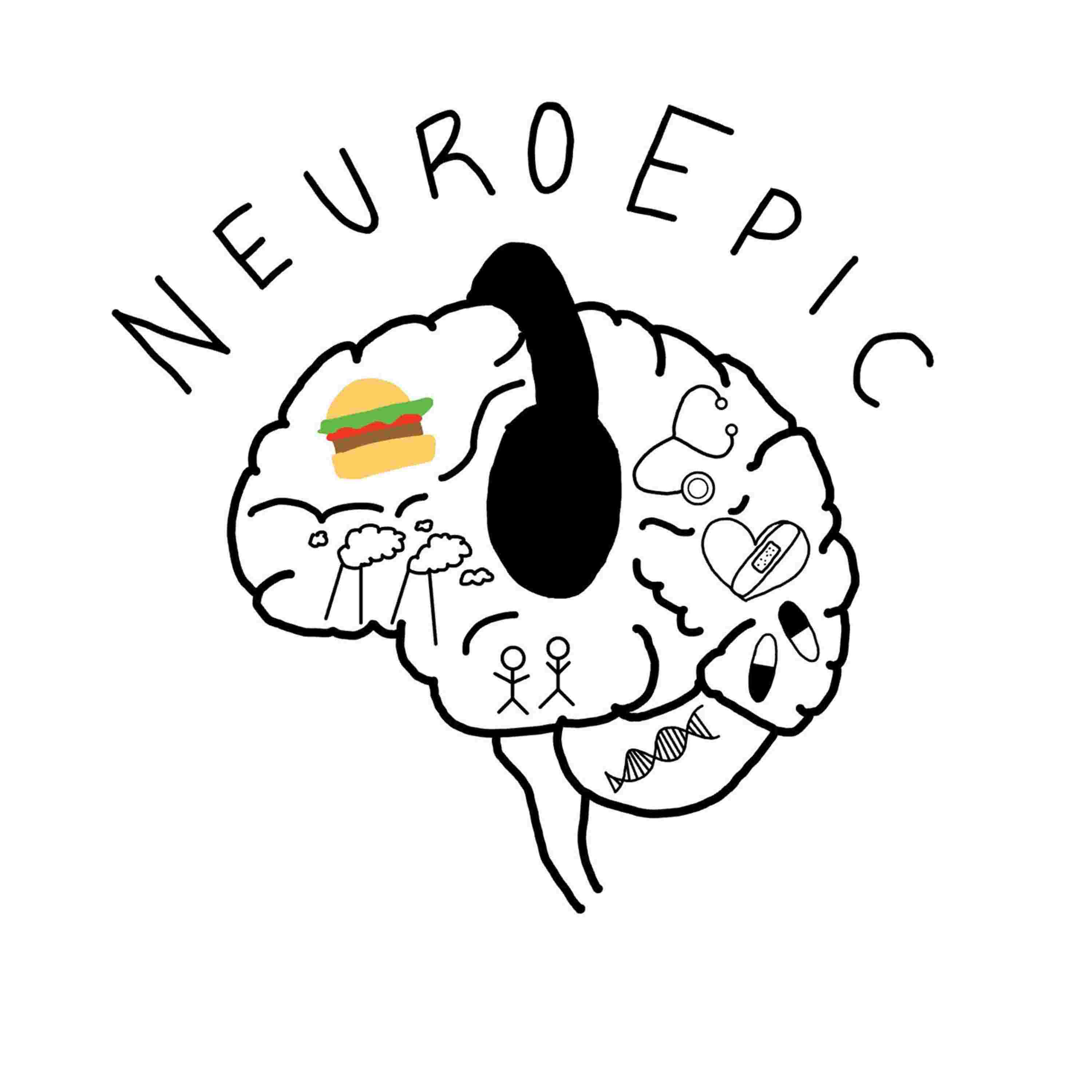

“Next to water, tea is the most consumed beverage worldwide with approximately 20 billion cups consumed daily,” which is almost 2000 olympic swimming pools. Tea has long been a staple in the diets of individuals all over the world and has been heralded for its health benefits. Lots of people have a cup of tea when they are sick, and recent studies have shown that tea might be able to prevent cancer. Much of the research about the potential anti-cancer effects of tea has focused on chemicals called polyphenols, which are the major active compounds in tea and are also responsible for the distinct flavors and aromas of tea. There are many common dietary sources of polyphenols, including berries, peppers, dark chocolate, red wine, and coffee, and they have a wide variety of health effects. These compounds are structurally diverse, but they all have multiple hexagonal, ring-like components called phenols. Different types of tea can contain different polyphenols. For instance, For instance, the major polyphenol in green tea is a catechin called (−)-epigallocatechin-3-gallate, or EGCG. Theaflavins and thearubigins are commonly found in black tea. Polyphenols are a promising candidate for advancing numerous anti-cancer innovations due to their accessibility through common dietary sources like tea and potential ability to combat cancer through both reversing epigenetic changes and improving the efficacy of cancer treatments.